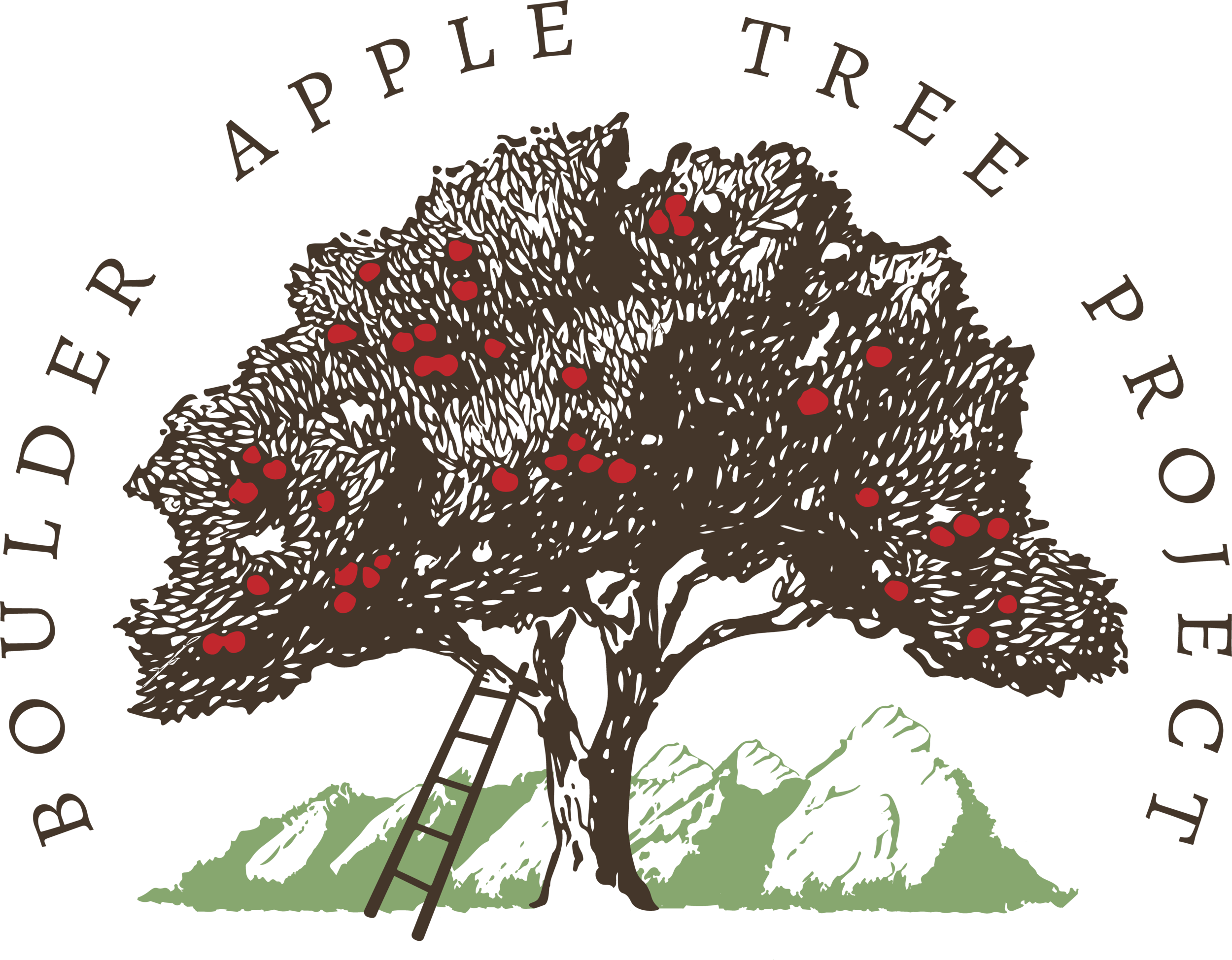Student Experience Feature: Alyssa Dowling discusses food deserts and experience in Urban Ecology CURE course
Alyssa Dowling helping pack fire blight testing kits for the lab experiments conducted by EBIO 1250 students.
As an EBIO and economics dual major, one topic that absolutely fascinates me is food deserts. As we learned in this course, the societal and ecological impacts of food deserts stretch far and wide. However, the ability to realise the economical implications of food deserts makes me hopeful that one day I can apply both my ecology and economic education to apply pressure on our government to make change. Even more fascinating are the solutions the community is seeking and applying in order to mitigate food deserts. These solutions help our community, environment, and economy - and it’s up to us to induce change.
As part of this class, we conducted a collaborative class experiment and a separate partner experiment. Both of these experiments included elements that I had zero experience with - to include coding, inoculation, and data analysis. One of my key take-aways from our partner experiment was learning to get back up when you're knocked down. Due to an error on my part, all of our partner data that we collected over four weeks was deleted. It’s easy to want to quit when you feel like you wasted four weeks worth of data analysis, but it’s important to get back up, toss away your frustration, and seek out different answers to the problem you're facing.
Alyssa Dowling
EBIO 1250 / EBIO 4840 Student
Fall 2020 Urban Ecology Lab Instructed by Deidre Jaeger

